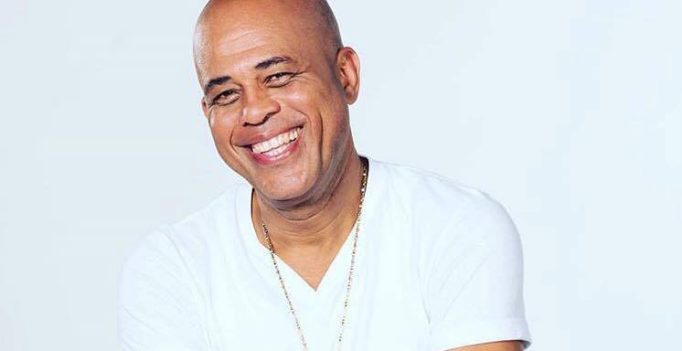In the throes of Haiti’s most severe political crisis since the 2004 coup, outgoing President Michel Martelly found himself at the epicenter of mass protests demanding his resignation. Last week, amidst this turmoil, Martelly returned to his musical roots, releasing a provocative new song. Before his political tenure, Martelly was better known as “Sweet Micky,” a pop star notorious for his ability to rile up a crowd with risqué performances and bold pronouncements.
Sweet Micky was celebrated for his audacious showmanship, often blending the riotous spirit of Haitian Mardi Gras, or ‘kanaval,’ with rock and rap’s rebel ethos, which included boastful escapades about sex, drugs, and rebellion. In his performances, Martelly wasn’t above donning a halter-top and miniskirt or performing outright naked to shock and awe his audience.
This transformation from a brazen music star to a political figure draws parallels to the rise of Donald Trump in the United States. Martelly’s supporters argued that his wealth and fame made him immune to corruption. His candid and abrasive style, often insulting political opponents and critics, endeared him further to disenchanted voters, particularly young men frustrated by poverty and the inadequate response to the 2010 earthquake.
Despite initial dismissal of his candidacy as a mere jest by competitors and the media—who nonetheless covered him extensively for his sensational appeal—Martelly’s campaign eventually took a serious turn. With the aid of advisors who had worked with prominent political figures in Mexico and the U.S., he polished his public persona. This transformation, coupled with his strong endorsement of foreign investment, won him crucial support from the Obama administration, sustaining him through his presidency.
However, Martelly’s administration was plagued by accusations of stalled and canceled elections, rising insecurity and poverty, political violence, and pervasive corruption. By the end of his term, the novelty of Sweet Micky had worn off, giving way to widespread discontent and protests.
In a move reminiscent of his days as a provocative entertainer, Martelly released “Give Her the Banana” during his final weeks in office—a song laden with crude double entendres directed at Liliane Pierre-Paul, a respected journalist and critic of his regime. This act seemed to epitomize the erosion of presidential decorum under Martelly’s leadership.
The political and electoral landscape in Haiti deteriorated further under Martelly’s governance. Allegations of election fraud were rampant, with reports that a significant portion of votes came from individuals who could vote outside their precincts, selling their accreditations to the highest bidder.
As Martelly’s presidency concluded, the streets of Haiti filled with protestors, and elite Haitian families and international supporters withdrew their backing. Faced with escalating violence and diminishing support, Martelly stepped down, leaving a nation fraught with political instability and uncertainty about its future governance.
Martelly’s transition from pop icon to president and back to musician marks a vivid chapter in Haiti’s turbulent political narrative, mirroring a global trend where celebrity status increasingly serves as a springboard to political power.
